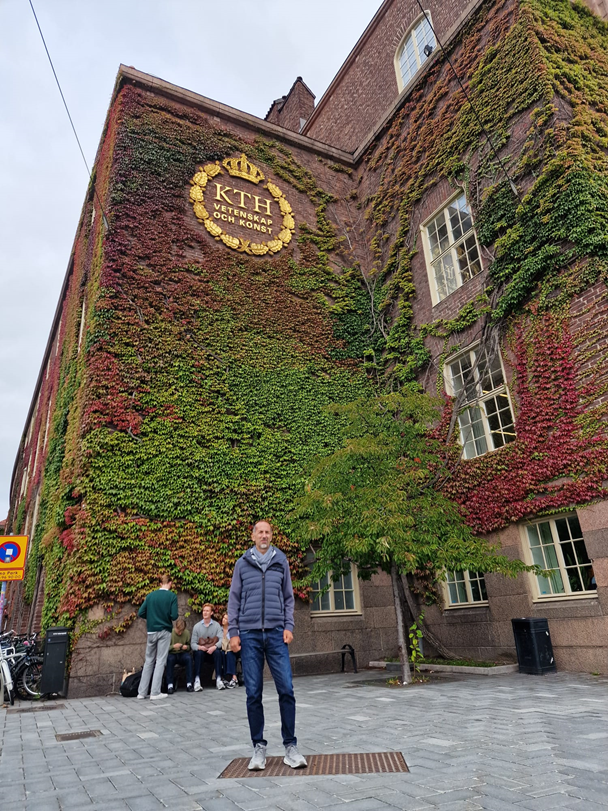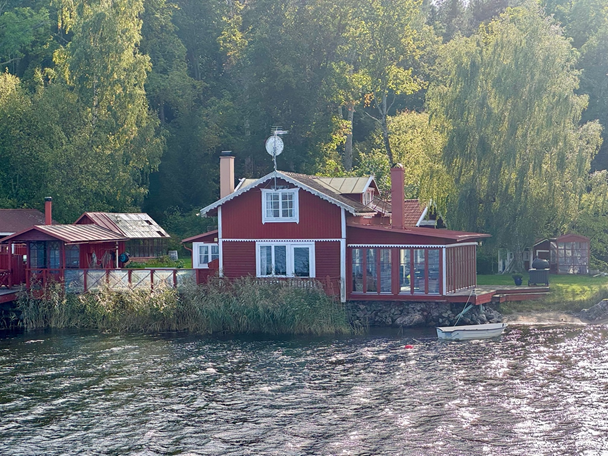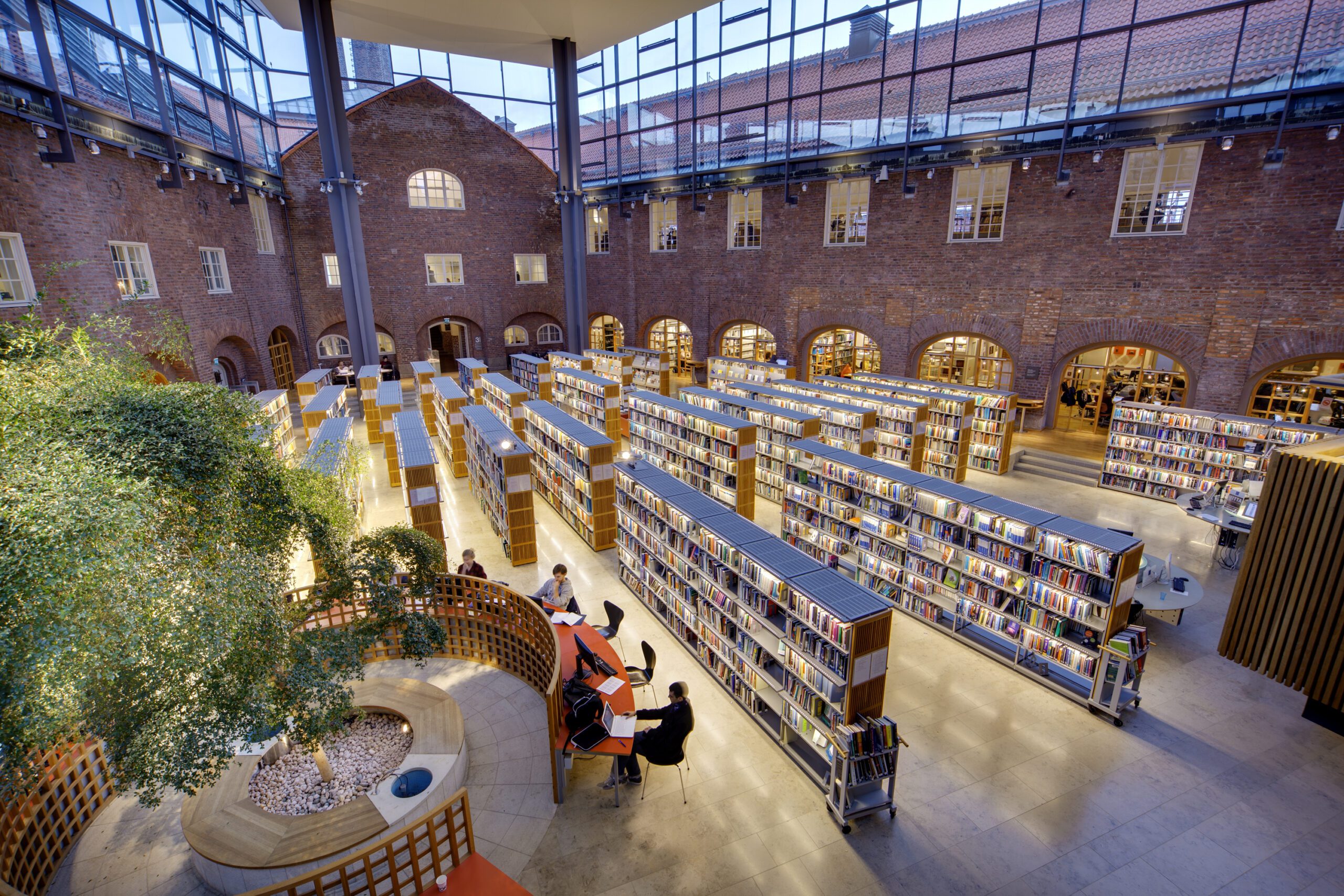Research Visit at KTH Royal Institute of Technology
On September 2025, I carried out a research visit at the KTH Royal Institute of Technology in Stockholm, working with Professor Šarūnas Girdzijauskas and his staff within the framework of the SoBigData.it Transnational Access Programme. The visit aimed to explore new directions in federated learning and cybersecurity, foster collaborations, and open future research opportunities.
The core of the visit was a seminar on Vertical Federated Learning and Cybersecurity, which was attended by many PhD students and researchers at KTH. The presentation stimulated constructive discussions on how federated approaches can enable collaboration across institutions while safeguarding data privacy, with potential applications in areas ranging from threat detection to social media integrity.

KTH has long hosted part of its activities in the Kista area, one of Stockholm’s main technological hubs, but is currently relocating to the central university campus, closer to the city centre. As part of my stay, I had the opportunity to visit the main campus, which combines the historic character of its red-brick buildings with modern facilities such as well-equipped seminar rooms, collaboration pods, and informal meeting areas that facilitate discussion and knowledge exchange among students and researchers. In the main campus, I had a very interesting meeting with Prof. Viktoria Fodor and his PhD student Rémi Bourgerie with whom I explored potential research synergies related to the application of Federated Learning to the context of Graph Neural Networks.
A particularly valuable part of the visit was connected to the strategic partnership between KTH and Ericsson, established in 2012. Thanks to this collaboration, several researchers and PhD students are jointly active at both institutions. So, we organised a meeting at Ericsson’s headquarters, located near the Kista campus, where I had the opportunity to exchange views with Martin Isaksson and Ayush Kumar Varshney, among others. Our discussions addressed crucial challenges such as unlearning in federated learning, the integration of Mixture of Experts (MoE) models for non-IID data, and broader issues, including ethics of AI, specialised models, bias mitigation, and methods for measuring the contribution of different local models.
Last but not least, my stay in Stockholm also gave me the opportunity to explore some of the city’s museums and cultural landmarks, discovering a fascinating balance between tradition and innovation.


And then there was the bicycle experience. Riding in Stockholm is like entering a parallel universe: wide lanes, respectful drivers, and a quiet order that makes you almost suspicious. You pedal calmly, surrounded by silence, and suddenly you realise — this is not cycling as we Italians know it. Back home, every ride is a video game level: dodge the car parked across the bike lane, avoid the grandmother with her shopping bags, keep an eye on e-scooters and e-bikes that buzz past like kamikaze bees. In Italy, surviving a bike trip deserves a medal for urban heroism; in Stockholm, instead, you risk getting distracted by the serenity itself. Almost boring… almost. Because, deep down, there’s something miraculous in discovering that cycling can actually be safe, efficient, and fast.

